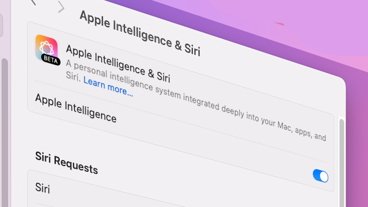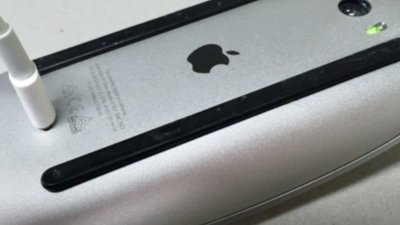According to a statement released Saturday by the EU, European Competition Commissioner Joaquin Almunia "welcomed" Apple's changes to its policies and intended to close the investigations.
Apple had come under criticism for its restrictions of intermediary translation or compatibility tools. After Adobe, which had developed a Flash to iPhone porting tool, lodged an official complaint, the U.S. Federal Trade Commission reportedly opened an anti-trust investigation of Apple.
Word of the European investigation of Apple's anti-flash stance came in August shortly after news of the FTC investigation broke. However, according to Friday's statement from the EU, the European Competition launched both its investigations on Apple's iPhone policies in the spring of this year.
In early September, Apple relaxed restrictions banning third-party development tools for iOS. Following the announcement, Adobe resumed development of its Flash to iPhone tool for Flash Professional. The relaxed restrictions have also allowed the return of Google Voice-enabled apps and ringtone generating apps.
The second issue of concern for the EU was Apple's "country of purchase rule," which made repair services available only in the country where the iPhone was purchased. The Commission feared this would result in "a partitioning of the market" by dissuading consumers from buying iPhones in EU countries other than their own. Apple is no longer enforcing the rule, and has appointed Authorized Service Providers to offer "cross-border iPhone warranty services" where it is unable to provide repairs itself, the EU statement said.
The European Competition Commission was pleased with the effectiveness of its investigation. "Apple's response to our preliminary investigations shows that the Commission can use the competition rules to achieve swift results on the market with clear benefits for consumers, without the need to open formal proceedings," Almunia said.
The EU's statement came the day after the Department of Justice announced a settlement ending another investigation. The settlement forbids Apple and five other companies from entering into "no solicitation agreements."
 Josh Ong
Josh Ong







 Malcolm Owen
Malcolm Owen

 William Gallagher
William Gallagher




 Christine McKee
Christine McKee







33 Comments
This is good news for business travellers, as well as frequent European pleasure travellers. However, this whole thing isn't a huge deal for the average European. Any product would probably be more expensive after the international tax for products shipped across borders (isn't it called a VAT of some sort?) is applied, so it makes sense to buy in your own country.
But if you travel on business, then being able to get emergency warranty service in any EU country is a plus.
Good thing Apple nips this antitrust investigation in the bud.
Much better handling than Microsoft.
This is good news for business travellers, as well as frequent European pleasure travellers. However, this whole thing isn't a huge deal for the average European. Any product would probably be more expensive after the international tax for products shipped across borders (isn't it called a VAT of some sort?) is applied, so it makes sense to buy in your own country.
But if you travel on business, then being able to get emergency warranty service in any EU country is a plus.
You pay the tax in the country of purchase so in fact there can be some savings. There is no tax from shipping over a border if it is within the eurozone. Thats the main reason I bought my iphone 4 in the uk although I live in Germany. Well that and the fact that you can't buy it unlocked in Germany yet. It is significantly more expensive in italy for example. depends on the ?/stirling fluctuation of course. I have never had any warranty problems with apple in belgium, uk, usa and germany with devices bought elsewhere.
We vill end ze investigation... fuur now!!
(but donz get zu comfortable)
El que no llora, no mama. Adobe lloró.